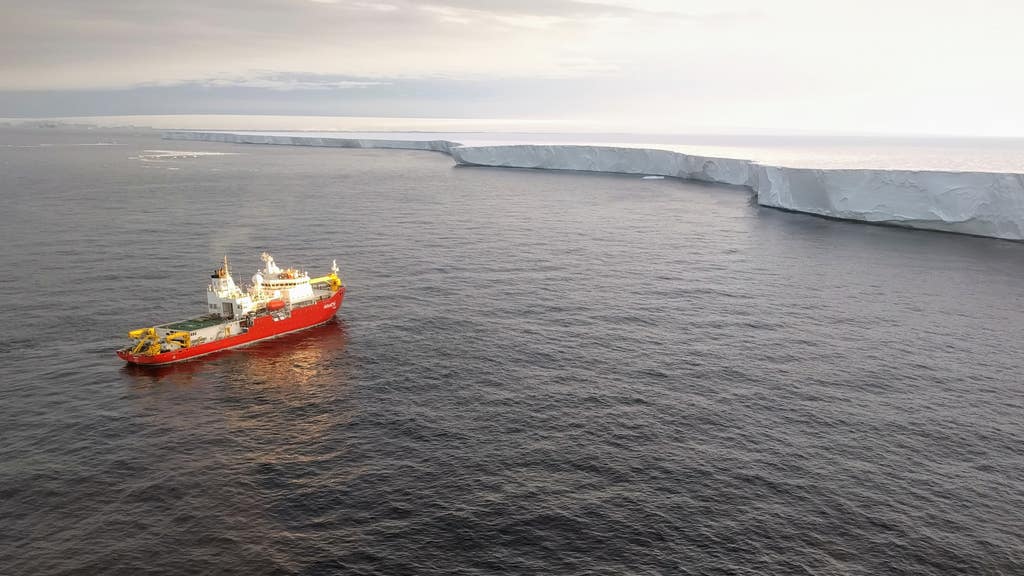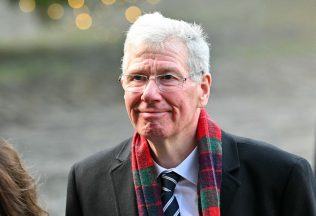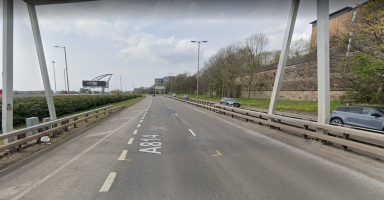A glacier in Antarctica has been formally named after the city of Glasgow to mark its hosting of the COP26 climate change conference.
The Glasgow Glacier is one of nine areas of fast-flowing ice in the Getz basin in the west of the continent to be named after locations of major climate treaties, conferences and reports.
The Scottish city is welcoming more than 100 world leaders and thousands of delegates to the 26th UN Climate Change Conference of Parties, from this weekend until Friday, November 12.
The request to name the glacier after Glasgow came from University of Leeds scientists including PhD researcher Heather Selley, who identified 14 glaciers in the basin that are thinning and flowing more quickly into the ocean.
Her study, published in February, revealed that 315 gigatonnes of ice have been lost from the Getz region over the last 25 years, adding 0.9mm to the global mean sea level – the equivalent of 126 million Olympic swimming pools of water.
Speaking about the new name, Prime Minister Boris Johnson said: “By naming this glittering giant of nature after the city where next week humankind will gather to fight for the future of the planet, we have a stark reminder of what we are working to preserve.”
Ms Selley said the glaciers are named in chronological order, with the Geneva Glacier, in the west of the Getz study region, marking the first climate summit in 1979, and the Glasgow Glacier on the east marking COP26.
She said: “Naming the glaciers after these locations is a great way to celebrate this international collaboration on climate change science and policy over the last 42 years.
“We wanted to permanently mark the outstanding effort the scientific community has put into measuring the present-day impact of climate change, and its predicted future evolution.”
Dr Anna Hogg, associate professor at the School of Earth and Environment in Leeds, said: “The climate crisis affects all of us, whether through flooding of our homes, increased storm frequency, reduced crop harvests, or the loss of habitats and biodiversity in the natural environment, with some communities impacted much more than others.
“Whilst these new glacier names celebrate the knowledge gained through scientific collaboration and the action taken through policy, it is clear now that much more must be done.
“I am inspired by the school climate strikes, which remind all of us that we are only temporary gatekeepers, and have a responsibility to protect planet Earth for the next generation.
“There is no doubt that there’s a need for urgent action; we have great hope in the power of international collaboration which can enable significant progress to be made at COP26 this year.
“The recent IPCC (Intergovernmental Panel on Climate Change) AR6 report finds that unless there are immediate, rapid and large-scale reductions in greenhouse gas emissions, it will not be possible to limit warming close to 1.5C or even 2C.”
Ms Selley will present her recent work at COP26 at 10am on Wednesday, November 10.
Follow STV News on WhatsApp
Scan the QR code on your mobile device for all the latest news from around the country


 PA Wire
PA Wire
























